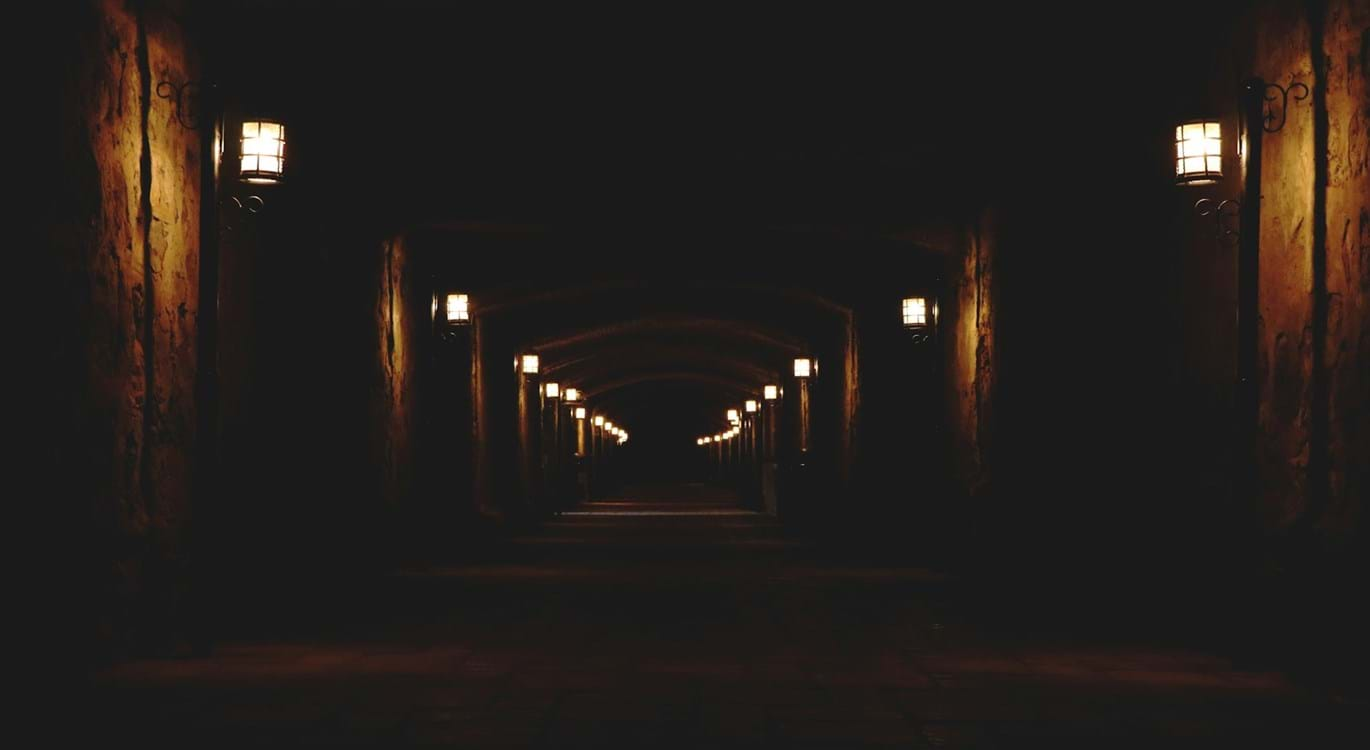And that is the metaphor the Bible uses over and over again to describe the condition we are in by nature.
“The people who sat in darkness have seen a great light” (Matthew 4:16).
The Bible describes the condition of humanity as being in darkness, and says that the coming of Christ into the world was like a light shining in the darkness.
So, what does the Bible mean when it says that we are in darkness? It means our whole personality – mind, will and emotions – are darkened. And how does Christ alleviate that darkness? Let’s examine that.
Mind
We are familiar with using darkness to signify ignorance: “I was kept in the dark about this” means that we were kept in ignorance – no one told us. Having a “light bulb moment” means you have seen something you hadn’t seen before – it’s a moment of revelation – you now understand.
Well, as far as God and eternity were concerned, we were sitting in darkness. Christ’s coming into the world has given us light on these subjects.
God
People have all sorts of notions about what God is like. Some think of Him like an impersonal force, others as a mathematical genius, others as a grandfather-type figure smiling on us all, and others as a cruel monster.
Jesus Christ claimed to be the full revelation of God, such that when we look at Him we are seeing exactly what God is like. He said, “He who has seen Me has seen the Father” (John 14:9). An early Christian hymn refers to Him as “the image of the invisible God” (Colossians 1:15). It’s quite a claim to make, but He backed it up by the beautiful life He lived, the public miracles He performed, and supremely by His resurrection from the dead.
A woman in Iran managed to get hold of the New Testament, and she started to read the Gospels. Glen Scrivener records her story:
The more she read, the more she began to think: here is a God I can believe in. Thrilled by the prospect that God might be like Jesus, she came to England to learn all she could from the Bible. After years of study she made this conclusion, ‘God cannot be the God of the Ayatollahs. He must be “the Jesus-God”.’[1]
If you want to know what God is like, look at Jesus Christ. Now that Christ has come, God is “in the light” (1 John 1:7).
Eternity
When discussing with people what happens after death, I find they usually say, “Well, I think . . .” or, “I would like to think . . .” or, “I hope . . .” Very few people say, “I know . . .” And, of course, left to ourselves we could never know. But we haven’t been left to ourselves. Jesus Christ has shone a light into the unknown and shown us what lies beyond the grave.
He told us that death is not the end (Luke 16:19-31). There is a heaven and there is a hell, and, because of the wrong we have done, it’s not heaven we are going to.
A lot of people fear death because they don’t know what lies beyond, but if you have access to the Bible, you should fear death because you do know what lies beyond.
But that’s why the Lord Jesus came from heaven and went to the cross – to pay for the wrong we have done, so that, if we repent and turn to Him, we will be forgiven, and be assured of a home in heaven when life is over (1 John 5:12-13).
Next time we will think of how He has shone a light into our will.
[1] Glen Scrivener, 3, 2, 1, The Story of God, The World and You, 10Publishing, 2014, p. 47.





























